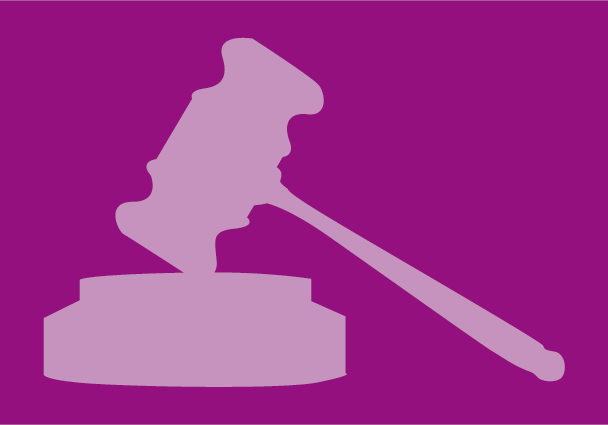
The Madrid Principles on the Relationship between the Media and Judicial Independence
A group of 40 distinguished legal experts and media representatives, convened by the ICJ’s Centre for the Independence of Judges and Lawyers, and the Spanish Committee of UNICEF, met in Madrid, Spain, between 18 – 20 January 1994.
The objectives of the meeting were
- to examine the relationship between the media and judicial independence as guaranteed by the 1985 UN Basic Principles on the Independence of Judiciary;
- to formulate principles addressing the relationship between freedom of the expression and judicial independence.
The Basic Principle is as follows:
- Freedom of expression (including freedom of the media) constitutes one of the essential foundations of every society which claims to be democratic. It is the function and right of the media to gather and convey information to the public and to comment on the administration of justice, including cases before, during and after trial, without violating the presumption of innocence.
- This principle can only be departed from in the circumstances envisaged in the International Covenant on Civil and Political Rights, as interpreted by the 1984 Siracusa Principles on the Limitation and Derogation Provisions in the International Covenant on Civil and Political Rights (U.N. Document E/CN.4/1984/4).
- The right to comment on the administration of justice shall not be subject to any special restrictions.
The document contains the Principles, an Annex: Strategies for Implementation, the List of Participants at the Seminar and extracts from the International Covenant on Civil and Political Rights (ICCPR) and from the Syracusa Principles on the Limitation and Derogation Provisions in the ICCPR.
Madrid Principles Media Judicial Independence-non-legal submission-1994-eng (full text in English, PDF)




